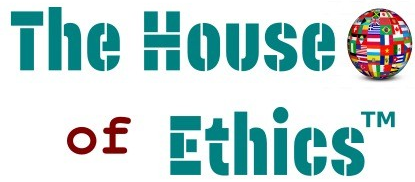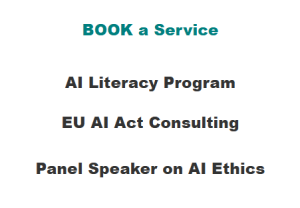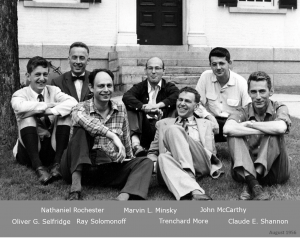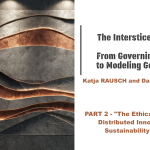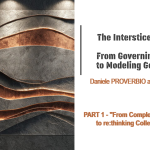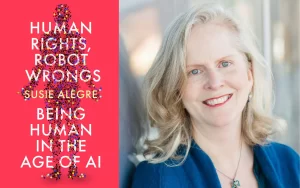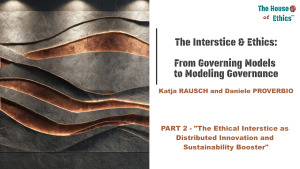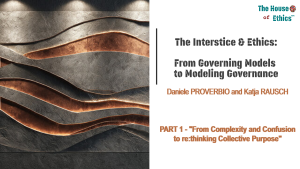Aristotle, father of classical Western ethics
Aristote and Happiness
Born in 384 BC, in Stagira, a son of a family of doctors, Aristotle was the disciple of Plato. He founded his own school, the Lyceum, with special teaching technique, learning whilst walking.
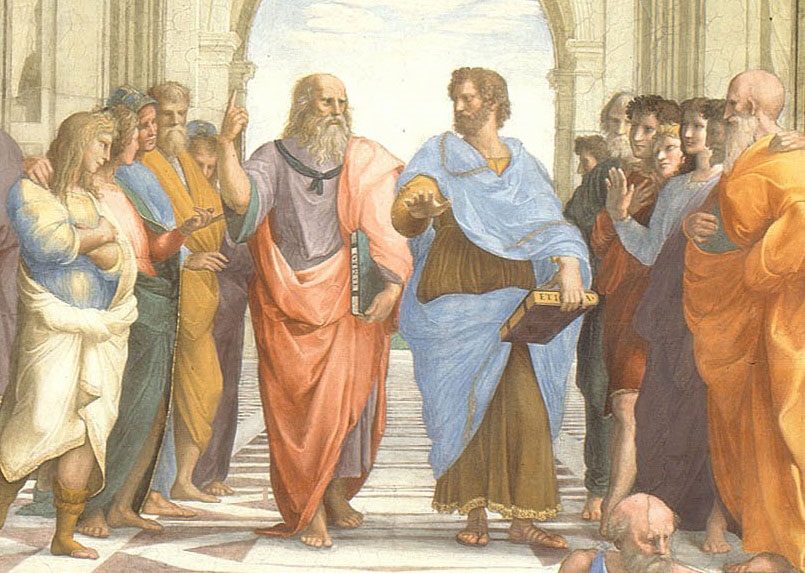
Jack-of-all-trades, he is interested in ethics, politics, economics, logic, rhetorics, poetics, cosmology, even the history of animals. He serves as tutor to the future Alexander the Great, at the request of his father, Philip of Macedon.
In his writings, The Ethics of Nicomachus, Aristotle seeks the Sovereign Good for Men. A subjective and collective Sovereign Good yet. He finds it in Happiness.
Aristotle and Happiness
Aristotle reviews all the principles, qualities of character, virtues, movement of the intellect and the soul that could potentially be taken into consideration to achieve Happiness. Justice, family, friendship, courage, kindness. But also their opposites, egoism, intemperance, impetuosity, weakness.
“Happiness is the most beautiful and the best of all things is also the greatest of pleasure.”
Admittedly, easy to say, but quite difficult to achieve and maintain in our complex, fluctuating and fast-paced world.
For Aristotle, ethics includes all areas, from economics, social, legal and state philosophy, anthropology, religion, history to the philosophy of culture. It merely is a state of being. Far from a technique or a discipline. This is who we are. Or who we become by our actions.
And that’s ethics. A philosophy of action.
Some quotes by Aristotle tell us more than any explanation
“Virtue is a state of being”
“I am speaking of moral virtue, because it is that which concerns affections and actions. However, in this area there is an excess, a fault and a middle. “
“Virtue is an average”
“This average is excellence”
Etymology
Sometimes, going back to basics is enlightening because the raw state of words, things and beings helps us to make them more distinct.
Ethics comes from the Greek “ethos” means “character” or “habits“.
It is a branch of philosophy defined by the Encyclopaedia Britannica as “Ethics, also called moral philosophy, is the discipline concerned with what is morally good and bad and morally right and wrong. The term also applies to any system or theory of values or moral principles.”
Ethics is related to notions of moral values, correct and fair judgments and practices.
According to Aristotle there are 2 dimensions to consider
Ethics in the narrow sense which are specific to Man as an acting being. The virtues. εthos with Epsilon: E, ε
Ethics in a broader sense that considers Man in all socio-political dimensions (ethos). The character. ηthos with Eta: H, η
The most common ethical questions
Ethics is an action-oriented philosophy so questions arise in relation to our actions, in relation to our choices.
“How should I act?”
“How should I behave? “
“How far should I go? “
“Is it good or bad what I’m doing?”
And the references are moral, individual, community, societal or (inter) national principles.
It is the small and the large ethics. How I behave in a specific situation and how I see the whole system.
In this context, the importance of the concept of responsibility is obvious. And it is easy to understand why, in almost all debates on robotics, autonomous intelligent systems and agents, responsibility takes the center stage.
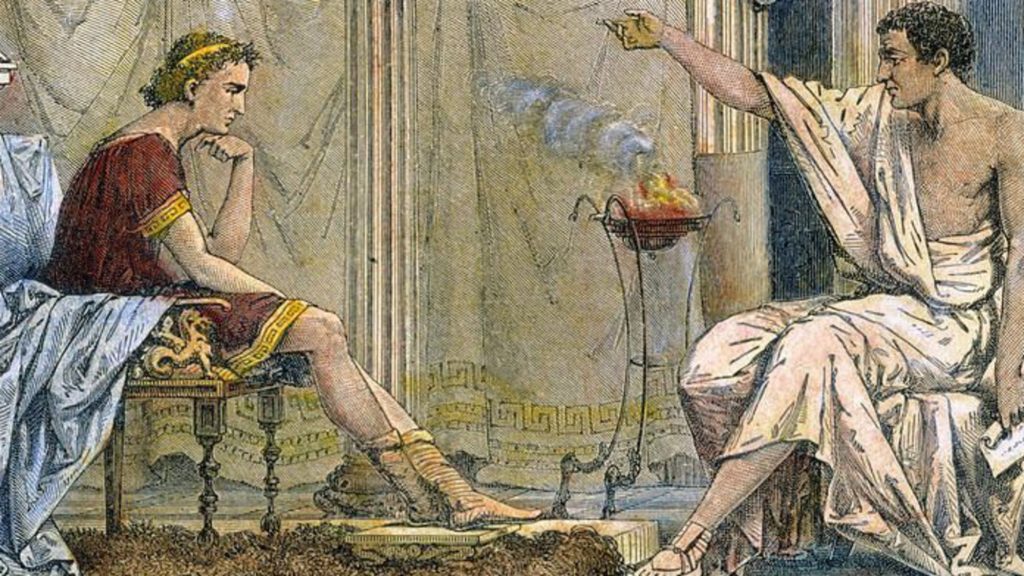
Aristotle and virtue ethics
For Aristotle, there are two kinds of virtues, one that can be learned by teaching and the other, which he calls moral, inherent in each of us.
“There are two kinds of virtue: intellectual on the one hand and moral on the other. “
Intellectual virtue is the one that grows, it is our becoming through our actions and experiences. We can debate certain things and sometimes change our point of view or behavior. It is the learning of a lifetime.
But moral virtue, for Aristotle, is the fruit of habit. [Ethics to Nicomaques, Book II, ch.1, n ° 1.] It is anchored in us.
The virtues are wisdom, courage, balance, kindness, fairness, justice …
2 major ways of reasoning
Let’s turn to present times, COVID-19, which is a period of difficult, daily decision-making for all of us. For doctors, for politicians.
There are two main ways of ethical reasoning
The consequentialist reasoning also called utilitarian
– locates morality in the consequences of an act. Better this (less damage), than that (too much damage). Better to sacrifice one person and save 5000.
The categorical or deontological reasoning
– locates morality in duties, values, ideals, whatever the consequences. Nothing will be sacrificed. We don’t want to lose anyone.
The AstraZeneca example

Currently, the various uses of the AstraZeneca vaccine is the result of different ethical decisions. Some governments (Denmark) have decided to stop administering the vaccine to their people altogether. It is a deontological choice.
While other governments decide to continue the administration (France, Luxembourg, Germany) based on the recommendations of EMA (European Medecines Agency) by repeating its argument:
“Overall, both of these reviews reaffirmed the vaccine offers a high-level of protection against all severities of COVID-19 and that these benefits continue to far outweigh the risks.”
The collateral damage is too low in percentage compared to the benefit of the people vaccinated against COVID-19. It is utilitarian reasoning.
Why has ethics become paramount in modern times?
Ethics has become a social phenomenon since the omnipresence of devices, programs and computer creations in our daily life. Our perception of the world has changed. Our relationship to others, to the environment. And our understanding of ourselves.
In a fluctuating world, some borders seem blurry. Who is responsible for what? What is public / private. Real / virtual? To me / to others? Is it human or robotic? Predictable / scheduled?
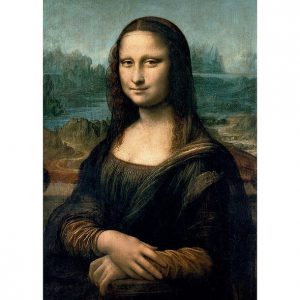
Are we in the process of re-defining who we are? What are our priorities? How do we define our happiness? Do we need to redefine standards? Or abandon them?
Do you think happiness has changed?
Spécialisée dans l’éthique des nouvelles technologies, Katja Rausch travaille sur les décisions éthiques appliquées aux domaines tels l’intelligence artificielle, la data éthique, les interfaces machine-homme, la roboéthique ou la Business éthique.
Pendant 12 ans, Katja Rausch a enseigné les Systèmes d’Information au Master 2 de Logistique, Marketing & Distribution à la Sorbonne et pendant 4 ans les Data Ethics au Master de Data Analytics à la Paris School of Business.
Diplômée de la Sorbonne, Katja Rausch est linguiste et spécialiste en littérature du 19ème siècle. Partie à la Nouvelle-Orléans aux États-Unis, elle a intégré la A.B. Freeman School of Business pour un MBA en leadership et enseigné à Tulane University. À New York, elle travaille pendant 4 ans pour Booz Allen & Hamilton, management consulting. De retour en Europe, elle devient directrice stratégique pour une SSII à Paris où elle conseille, entre autres, Cartier, Nestlé France, Lafuma et Intermarché.
Auteure de 6 livres dont un dernier en novembre 2019, Serendipity ou Algorithme (2019, Karà éditions). Elle apprécie par-dessus tout les personnes polies, intelligentes et drôles.
- Katja Rausch
- Katja Rausch
-
